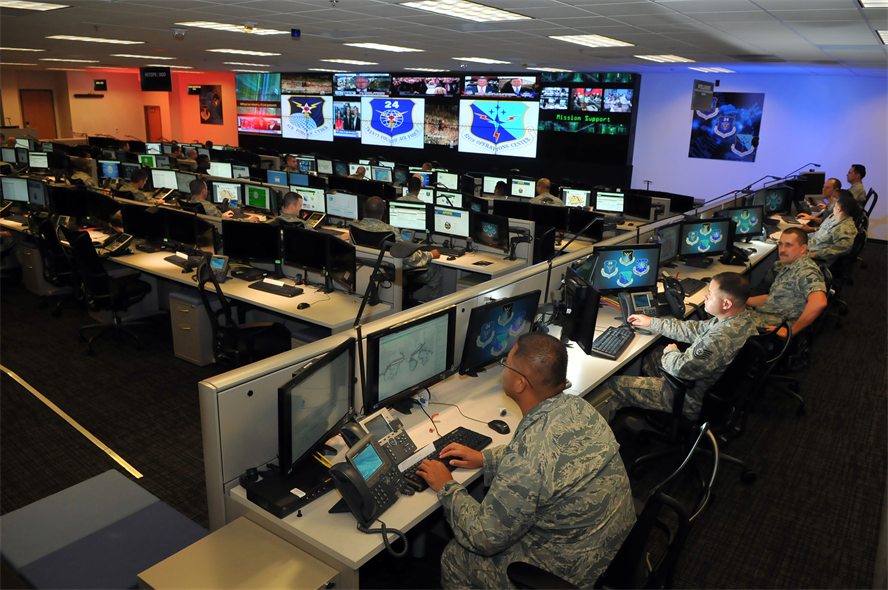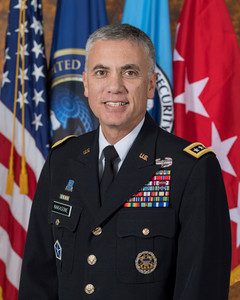 INFRA
INFRA
 INFRA
INFRA
 INFRA
INFRA
The United States has upped the seriousness it considers the threat of cybersecurity, elevating the U.S. Cyber Command to a “combatant command” on Friday.
The change came at the same time it was revealed that the National Security Agency, which now shares the same head as Cyber Command, tripled the amount of data it gathered from U.S. citizens in 2017.
Under the U.S. Department of Defense command structure, a combatant command is a unified command unit tasked with a specific area of responsibility. Best known for its geographic commands, such as commands covering the Pacific, Europe and North America, the U.S. Cyber Command is the 10th such combatant command group and the fourth without a geographic focus, the others being Strategic Command, Transport Command and Special Operations Command.
Under its extended terms, U.S. Cyber Command’s mission is “to direct, synchronize and coordinate cyberspace planning and operations to defend and advance national interests in collaboration with domestic and international partners.”
“Today we are at the dawn of a new era, facing the reality of war’s changing character: the emergence of cyberspace and outer space as contested warfighting domains, equal in importance with land, sea and air,” Deputy Defense Secretary Patrick M. Shanahan said at a ceremony Friday. “The next 10 years will look significantly different from the last 10. The Department of Defense will ensure our military is ready to fight and win against any adversary across any domain.”
 Lt. Gen. Paul Nakasone (pictured), formerly the commander of the U.S. Army Cyber Command, has been appointed both the head of the unit and the NSA at the same time.
Lt. Gen. Paul Nakasone (pictured), formerly the commander of the U.S. Army Cyber Command, has been appointed both the head of the unit and the NSA at the same time.
Although the elevation of the U.S. Cyber Command to combatant status has been positively received, the latest news from the NSA has not been. In particular, not everyone’s happy with the disclosure that the agency, the intelligence gathering arm of the DoD, collected 534 million records of phone calls and text messages of Americans last year, more than triple gathered in 2016.
The increase in record collection is attributed to a newly implemented system. However, Reuters noted that U.S. lawmakers passed a law in 2015 that sought to limit its ability to collect such records in bulk based on concerns from privacy advocates about potential government overreach and intrusion into the lives of U.S. citizens.
The agency claimed that the total number of records collected was not concerning, since it related to metadata specifically, while the number of actual people surveilled through the year actually dropped.
Support our mission to keep content open and free by engaging with theCUBE community. Join theCUBE’s Alumni Trust Network, where technology leaders connect, share intelligence and create opportunities.
Founded by tech visionaries John Furrier and Dave Vellante, SiliconANGLE Media has built a dynamic ecosystem of industry-leading digital media brands that reach 15+ million elite tech professionals. Our new proprietary theCUBE AI Video Cloud is breaking ground in audience interaction, leveraging theCUBEai.com neural network to help technology companies make data-driven decisions and stay at the forefront of industry conversations.